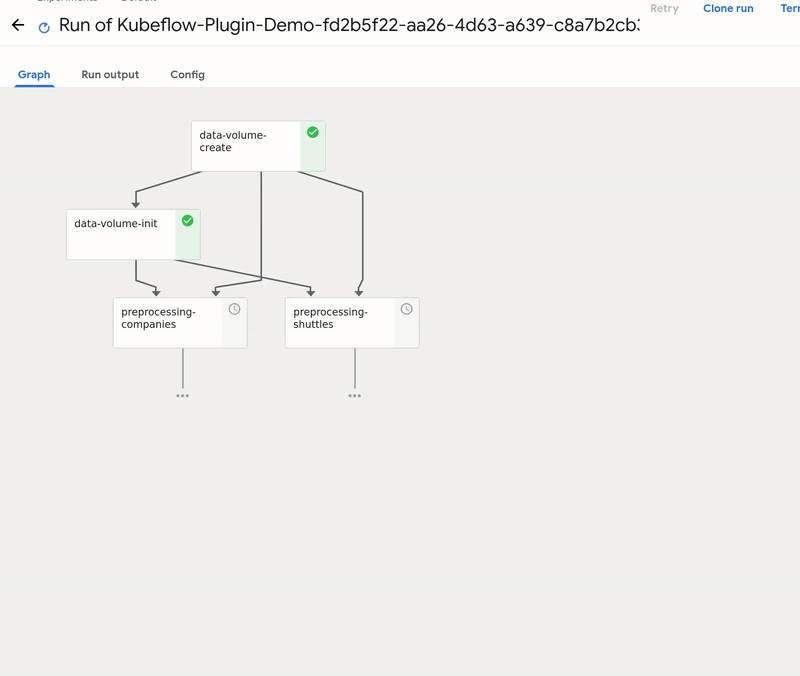Hi @jaklan! Thanks for raising this question.
Let me work my way through your response but I want to start by asking what do you like most about Kedro and how long have you been using it?
Then you've actually hit someone that we're currently building towards. This work is on the H2 roadmap and. What we're trying to do is give you a way to work in Kedro but have different deployment targets based on what you're trying to do.
Kedro-Airflow was our first foray into this world because users had a need to work in Airflow, but preferred to work in Kedro. We'll be looking at a few open-source tools like Argo, Kubeflow, Prefect, as well as cloud-based tooling like AWS Glue and more. We'll also check out Rok and Kale because of your recommendation. What has your experience been like with Kubeflow?

Hi guys, at the very beginning - huge kudos for all the work you have already put in
Kedrodevelopment. The tool is really great, but I'd like to understand one more thing:how do you see the future of
Kedroin the context ofKubeflow(Pipelines) and related tools like e.g.RokorKale?Do you find
Kedro+Airflowan alternative solution? Or maybe do you see a place forKedroin some end-to-endKubeflowworkflow? If the latter, is that sth you already have on your roadmap? Or maybe you just have some initial vision, how such an integration could look like?